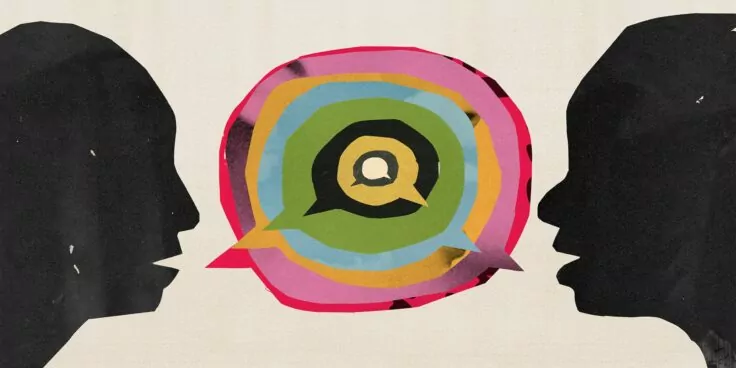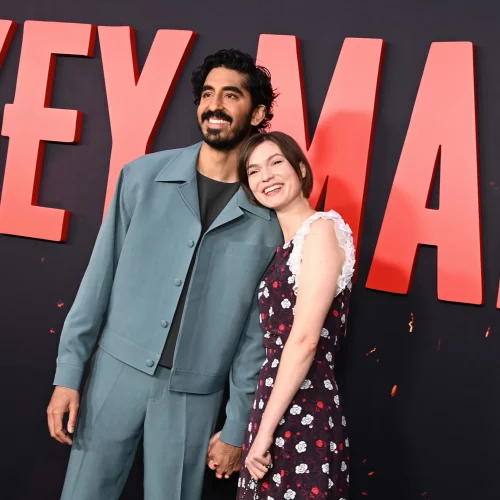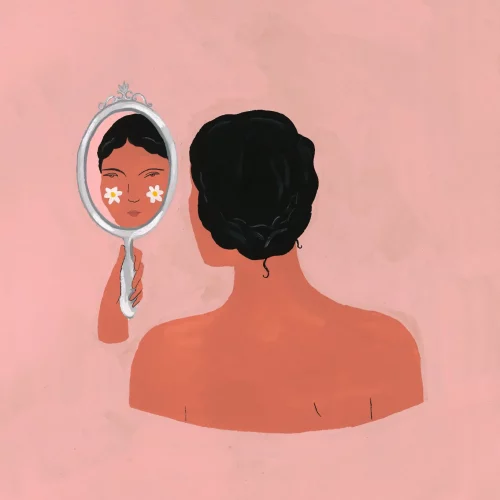In an era marked by an overwhelming influx of information, courtesy of numerous social media platforms that have permeated the digital landscape, Gen Z stands out as a cohort constantly immersed in the flow of information. Whether by choice or circumstance, they navigate a daily dose of diverse sources, unconsciously honing the skill to discern between fact and fiction. Despite the pitfalls of oversaturation and constant exposure on social media that may have severe effects on one’s mental health, these platforms serve as real-time documentation for social injustices worldwide, and general news adding a tangible layer to the narrative.
Access to an extensive array of media and news outlets provides Gen Z with a plethora of different perspectives, facilitating a nuanced understanding of truth— with a touch of inherent skepticism woven into the fabric of their thinking. A 2022 Google survey corroborated this, revealing that Gen Z excels at fact-checking compared to millennials or boomers. Over 8,000 respondents spanning Generation Z to the Silent Generation across seven countries provided insights into their approaches to verifying online content.
According to the survey, one-third of Gen Z respondents consistently employ lateral reading— opening multiple tabs and conducting extensive searches— to verify information, a practice more than twice as prevalent as among boomers. This methodical fact-checking routine reflects a proactive effort to scrutinize facts, sources, and claims in online information.
Below, we asked five fellow Gen Z’s on what makes them immune to falling for propaganda.
Farida Youssef, 25
“I would say it’s related to the influx of information and alternative perspectives that social media and the internet has brought right under our fingertips. It is almost impossible to look at media propaganda without analyzing every word. Over the years, we taught ourselves to critically filter out information we hear depending on who the source is. Social media has given us first hand experiences of other people’s lives and reality, then you watch the news and you realize how watered down, and intentionally words are chosen to fit whichever agenda they as a business are pushing.”
Tala Mohamad, 25
“My mother hails from Gaza, and my father comes from Baghdad. Throughout my entire life, I’ve been exposed to the impacts of foreign intervention and occupation. I’ve gained a profound understanding of how propaganda enables war crimes to persist openly, while international institutions allow the ‘democratic’ West to murder millions of civilians under the guise of the very propaganda they propagate. Our generation, unlike the past, is immune to propaganda, because we are not lazy, and because we have instant access to information at our fingertips. We take the time to research, to delve deep into the intricacies of our world. Technology and knowledge have become our superpowers. In the face of all this pain and injustice, we are a generation that refuses to let the torch of generational trauma pass any further. We carry the burden of the past, but we also carry the flame of change, flickering with the promise of a better, more enlightened future.”
Leila Talhi, 24
“It stems from our unique connection with diverse media platforms, setting us apart from previous generations reliant on television for news. With unlimited access to information and growing up with the notion of fake news, we’ve become adept at distinguishing fact from fiction. When something seems off, we instinctively seek genuine answers. Surrounded by a flood of online content, I feel like our generation approaches information with a healthy dose of skepticism. We also embrace inclusivity and actively oppose injustice, so I guess we’re less susceptible to messages employing stereotypes or divisive strategies.”
Ahmed Sherif, 24
“I have cultivated a keen sense of critical thinking and always approach the media with a healthy skepticism. By actively seeking diverse sources and viewpoints, I avoid falling into echo chambers. My ability to analyze information objectively and question underlying motives shields me from the influence of propaganda.”
Sofiane Nassar, 26
“I think it’s the fact that I grew up with social media so I am a lot more social media literate. I can see inconsistencies, I can see things a lot clearer than our parents’ generation. It’s also the fact that we have access to so many different perspectives so we are able to put two and two together, and I feel like this doesn’t necessarily go for everyone but for those interested in knowing the truth, it’s very easy for us to just browse online and look at the different sources. We are a lot more aware of the corruption in the world and were a lot more aware of the social injustices in the world because of these platforms and our access to so many different resources, so I feel like our generation is already very skeptical of big corporations, governments, major institutions because we’ve already been exposed to so many scandals.”
Illustration by Keith Negley









